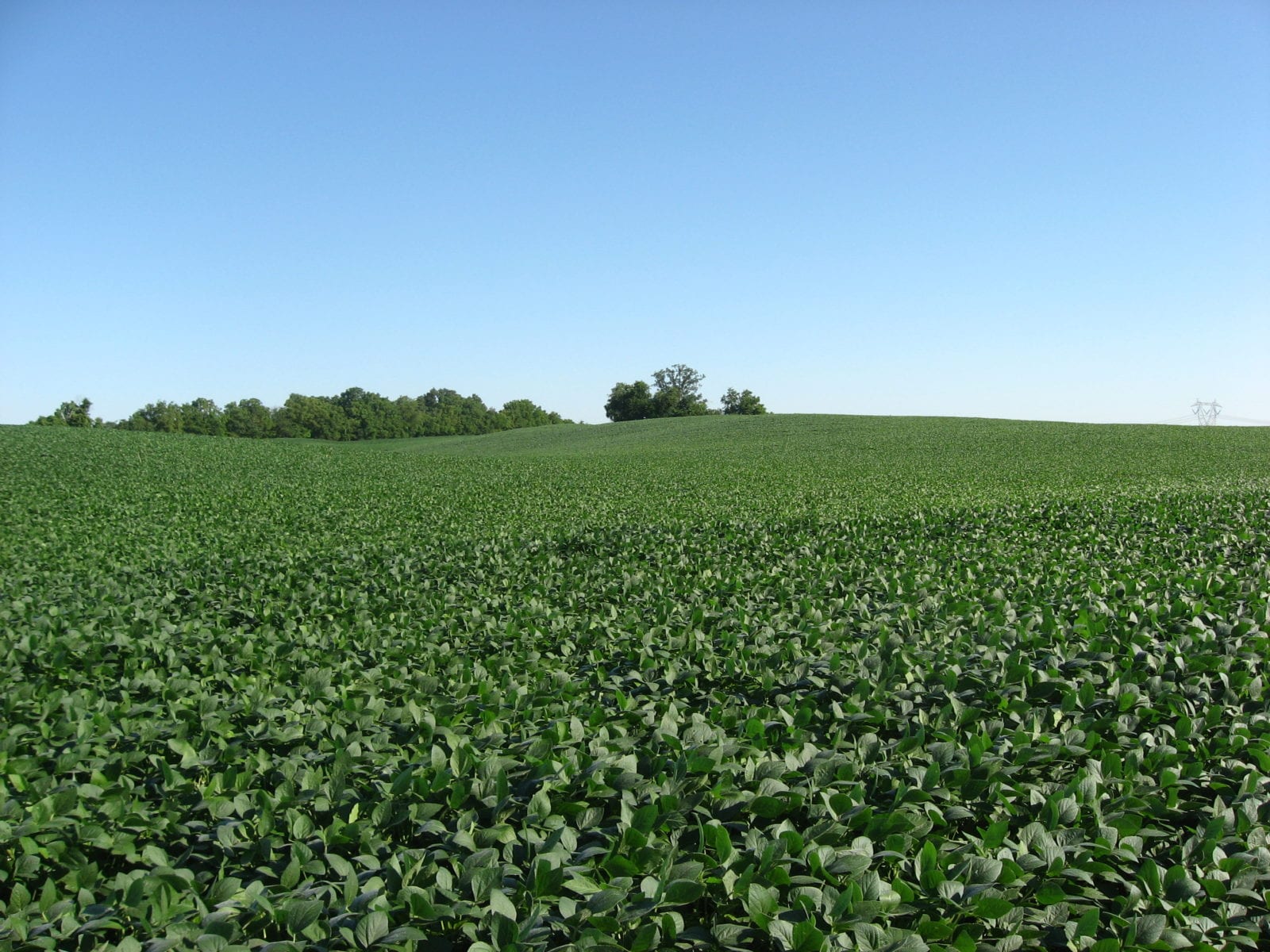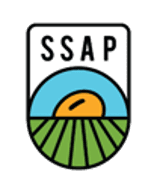UK Roundtable on Sustainable Soya Lists SSAP as Meeting its Principles on Forests, Native Vegetation Conversion
- Category:
- General News
- Sustainability


This past April, the UK Roundtable on Sustainable Soya (UK-RT) included the U.S. Soy Sustainability Assurance Protocol (SSAP) in its list of soy certification programs that meet specific criteria on forests and native vegetation. The list was developed to provide UK-RT members with comparative information on the most prevalent sustainable soy certification programs and how the listed programs address the UK-RT’s core focus of deforestation and conversion of native vegetation. Ten certification programs were included in the list, including RTRS, Proterra, ISCC+, and programs run by Cargill and ADM.
The UK-RT was initiated by the UK government in 2018; current members include major UK traders and importers, feed industry, meat and dairy producers, food service, and all major UK retailers. The UK-RT facilitates the discussions of buyers and users of soy and soy products in the UK and is supported by a wider UK Sustainable Soya Initiative. The updated list is intended to help UK-RT members make an informed choice as part of their overall soy sourcing plans. The methodology for the review and inclusion of the certification programs consisted of eight criteria including requirements for legal compliance and the prohibition of legal deforestation and natural vegetation. With the support of the UK-RT, eight of the largest UK supermarkets chains have published action plans to deliver sustainable soy to the UK market, including time bound commitments to deforestation-free soy.
UK-RT estimates that the UK imported 3.2 million metric tons (MMT) of soybeans, soybean meal, and embedded soy in 2019 and that only 27% was covered by a deforestation/conversion free certification scheme. The U.S. exported about 10.6 million bushels or 290,000 metric tons (MT) to the UK in 2019, valued at around $100 million.
The U.S. SSAP embodies the regulations, processes and management practices that ensure sustainable soybean production in the United States. It is one part of a U.S. soybean producer’s overall sustainability program. The U.S. approach is quantifiable and results-driven with mass balance international verification available.